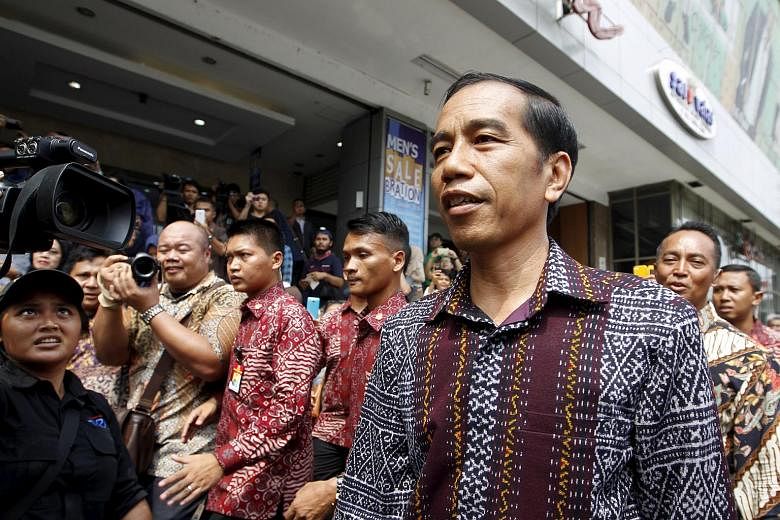Corrupt lawmakers are rejoicing this week after winning the right to amend a law (No. 30/2002) on the Corruption Eradication Commission (KPK), an amendment that will render the Corruption Eradication Commission a toothless tiger. Lawmakers and government representatives will start altering the KPK Law as soon as this week, turning a deaf ear to public objections. Spearheaded by the ruling Indonesian Democratic Party of Struggle (PDI-P), all but one of the 10 political factions in the legislature agreed on Tuesday that the amendment was necessary not only to "strengthen" the KPK, but also to free it from political interests.
Of the four key areas targeted by lawmakers, only one may help to strengthen the anti-graft agency: The KPK will be authorised to recruit its own investigators. Since its establishment in 2003, the commission has relied on the National Police and Attorney-General's Office for its pool of investigators. The rest of the planned amendment will only stifle the KPK's ability to collar crooks, as it has famously done to dozens of corrupt lawmakers, Cabinet ministers, heads of local government and well-connected business personalities. If lawmakers have their way, the KPK will have to obtain the court's permit for wiretapping, a monitoring tactic attributed to the KPK's numerous successful sting operations. The revised law will give KPK the right to stop an investigation - a double-edged sword that could be misused by investigators to blackmail suspects, but lawmakers say is necessary to uphold presumption of innocence.
Currently, the KPK cannot legally stop an investigation and therefore only cases with strong evidence are launched. The result: No defendant has ever been acquitted. Lawmakers also want to see the establishment of a supervisory body to ensure that no KPK leaders abuse their power to ends other than combating corruption. Critics warn that such a body could comprise representatives of political interests, who would dictate the narrow will of those interests. It is a shame that lawmakers have ignored public desire to maintain the present KPK Law, which has proven reasonably effective, as evident from the corruption cases the commission has pursued, and from the prominent status of many of the perpetrators the corruption courts have tried and convicted. The new KPK leaders have expressed dismay over the amendment plan, though their words ring hollow, most of them having loudly spoken about the need to switch the KPK's focus from corruption "eradication" to "prevention". The last hope rests with President Joko "Jokowi" Widodo, who has the prerogative to reject or accept a bill endorsed by the House of Representatives. But he has not indicated any great will to conserve the KPK's powers, despite the high priority placed on combating corruption in his Nawacita agenda.
-----------------------------------------------------------------------------------------------------------------------------------
The Jakarta Post is a member of The Straits Times media partner Asia News Network, a grouping of 22 newspapers seeking to promote coverage of Asian affairs.

